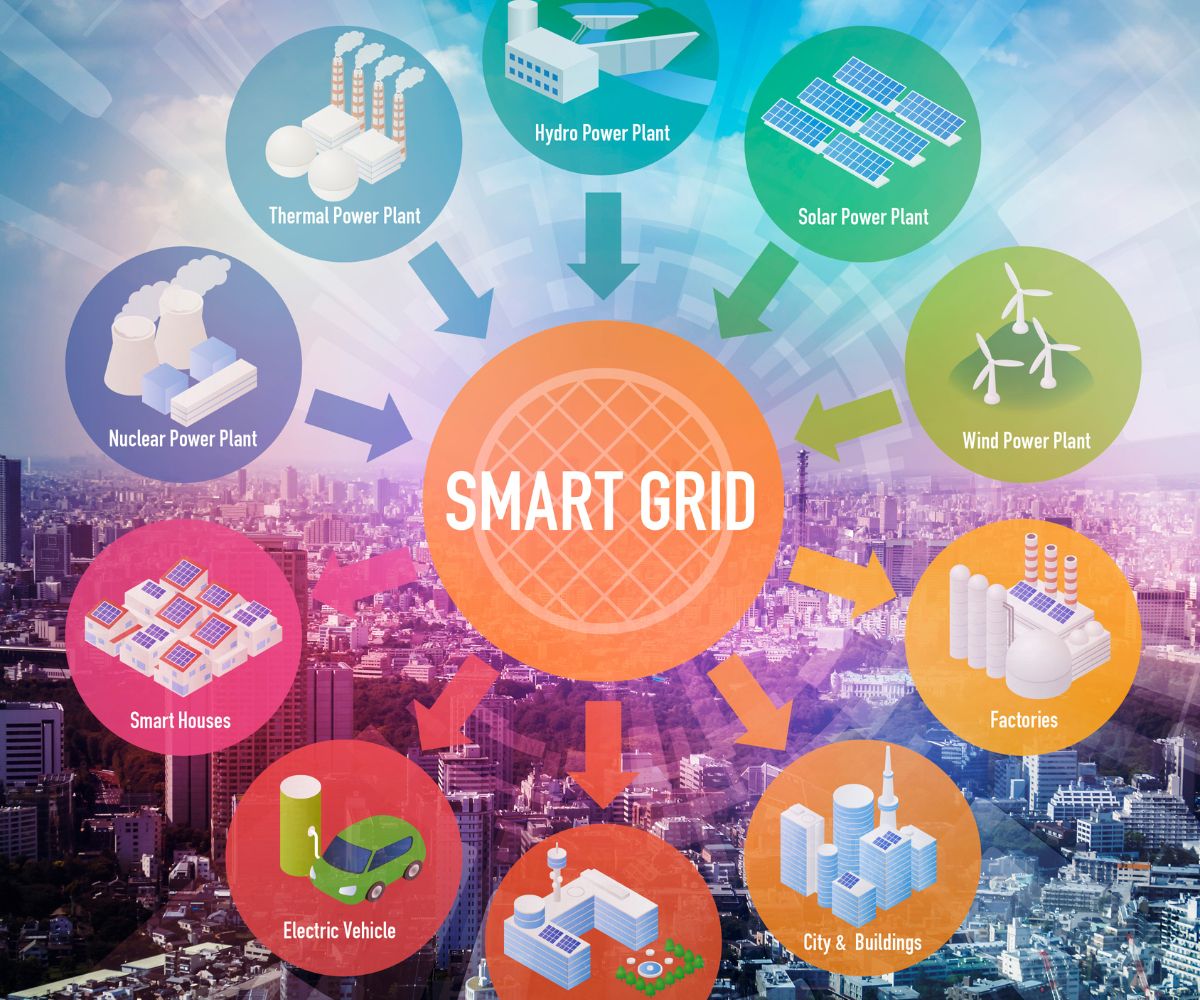
The Environmental Benefits of Using Solar Power
July 27, 2023With growing worries about climate change, extreme weather, and the harmful environmental impacts of fossil fuels, many homeowners are looking for clean, renewable energy solutions. One great option is installing solar panels at your home. Harnessing power from the sun allows individual families in New Jersey to reduce their carbon footprint and make a difference against global warming. Going solar in NJ provides numerous environmental benefits compared to solely relying on electricity from fossil fuel-burning power plants. By tapping into the plentiful solar resource available across New Jersey and producing your own renewable power, you can help mitigate greenhouse gas emissions, air pollution, resource depletion, and other issues caused by conventional electricity generation. This blog post will explore the many ecological advantages of utilizing solar energy systems for homes, and why it is an impactful way households can take climate action and embrace sustainability.
Reduces greenhouse gas emissions
Solar energy is an important renewable energy source that provides many environmental benefits compared to fossil fuels like coal and natural gas. Firstly, solar power does not produce any direct greenhouse gas emissions, unlike burning fossil fuels which release high levels of carbon dioxide into the atmosphere. This is crucial for reducing global warming, as carbon dioxide is the main greenhouse gas. By using solar panels on homes and businesses instead of electricity from the grid, we can significantly cut greenhouse gas emissions from the power sector.
Promotes energy independence
Secondly, solar power promotes energy independence for homeowners and communities. Installing rooftop solar panels allows households to generate their own electricity supply, reducing dependence on the national energy grid which mainly relies on carbon-intensive fossil fuels. This gives people greater energy security and autonomy. Solar energy can also be installed rapidly in remote areas thanks to modular panels. Overall, solar power provides a clean way for people to meet their own energy needs without being tied to centralized fossil fuel-dominated grids.
Helps mitigate air and water pollution
Solar photovoltaic technology avoids many of the air and water pollution concerns associated with the extraction, refining, and transportation of fossil fuels. Unlike coal plants, solar panels do not produce pollutants like sulfur dioxide and nitrogen oxides that cause smog and acid rain. The mining and drilling of fossil fuels can also risk water contamination, whereas solar power does not pose these threats. With its minimal impact during operation and installation, solar energy is one of the cleanest energy sources available.
Preserves natural resources
Solar energy is a renewable source that does not require any mining or drilling to generate electricity. This helps preserve finite natural resources like coal, natural gas, and uranium that are being rapidly depleted for energy generation. These fossil fuels and nuclear materials take millions of years to form underground. In contrast, solar power taps into the sun’s abundant energy that will continue shining indefinitely. By expanding solar power, we avoid over-exploiting irreplaceable natural resources. Solar photovoltaic panels can operate for decades with just sunlight and very little maintenance. Overall, solar is a sustainable energy solution that conserves our planet’s precious natural capital.
Compatible with energy storage and smart grids
Solar power systems can easily be equipped with batteries to store excess electricity generated during sunny hours for use at night. Energy storage makes solar a 24/7 clean energy source. Additionally, solar power can integrate well with smart grid technologies that balance electricity supply and demand in real time. Smart grids can smoothen out the intermittency of solar generation by managing it alongside other energy sources and modifying energy use among consumers. Investments in energy storage and smart grid upgrades will maximize the benefits of solar photovoltaic systems. With suitable infrastructure, solar can become a major reliable contributor to grid power.
Improves public health
While avoiding harmful air pollutants associated with fossil fuel combustion, increased use of solar energy can directly improve public health. Solar power reduces emissions of particulate matter, nitrogen oxides, sulfur dioxide, and other substances that cause respiratory illnesses. Likewise, by mitigating climate change, solar energy helps limit heat waves, infectious diseases, and other health impacts linked to a warming planet. From better air quality to stabilizing the climate, solar energy offers major public health advantages over conventional power sources.
Specifics on installing solar panels at home
Installing solar photovoltaic systems on single-family homes has become straightforward in many areas. Homeowners first evaluate their roof’s solar exposure and structurally sound sections for panel mounting. Next, they obtain quotes from qualified local solar installers who assess the site and recommend a system size. Permits are acquired from the city which may include an inspection. Installation involves carefully mounting panels on the roof or in the yard and wiring them together. The power generated flows into an inverter that converts DC to usable AC electricity. With two-way net metering, excess solar power is sent to the grid and credited to the homeowner’s utility bill. Total costs vary but incentives like tax credits can cut 25-30% off. With planning and research, going solar is an accessible way for homeowners to tap into clean, renewable energy.
Conclusion
Solar power provides substantial environmental advantages over fossil fuel electricity generation. By avoiding air pollutants and greenhouse gas emissions, solar energy improves public health, mitigates climate change, and conserves finite natural resources. Widespread adoption of residential solar panels could significantly reduce carbon emissions from homes. Beyond going solar, individuals can also help transition to a clean energy future by making homes more efficient, reducing energy use, and supporting broader solar development. But installing rooftop solar panels is one of the most impactful steps households can take to lower their carbon footprint while also saving money. As solar technology improves and costs fall, solar energy holds tremendous potential for enabling individuals to help build a more sustainable world. With its minimal environmental impacts and numerous benefits, solar power is essential for establishing a 100% renewable powered grid and low-carbon society.




 HFN News is your leading source for fresh hydrogen and renewable energy updates. Amid the fast-paced growth of hydrogen companies, we provide top-notch news and insights about this exciting sector. Our coverage spans from hydrogen cars to global sustainable initiatives, and we highlight the latest in green jobs and developing hydrogen hubs. We invite you to share your local hydrogen news and explore today’s renewable energy job listings on our site. Thanks for choosing HFN News as your trusted guide to the hydrogen and renewable energy world!
HFN News is your leading source for fresh hydrogen and renewable energy updates. Amid the fast-paced growth of hydrogen companies, we provide top-notch news and insights about this exciting sector. Our coverage spans from hydrogen cars to global sustainable initiatives, and we highlight the latest in green jobs and developing hydrogen hubs. We invite you to share your local hydrogen news and explore today’s renewable energy job listings on our site. Thanks for choosing HFN News as your trusted guide to the hydrogen and renewable energy world!